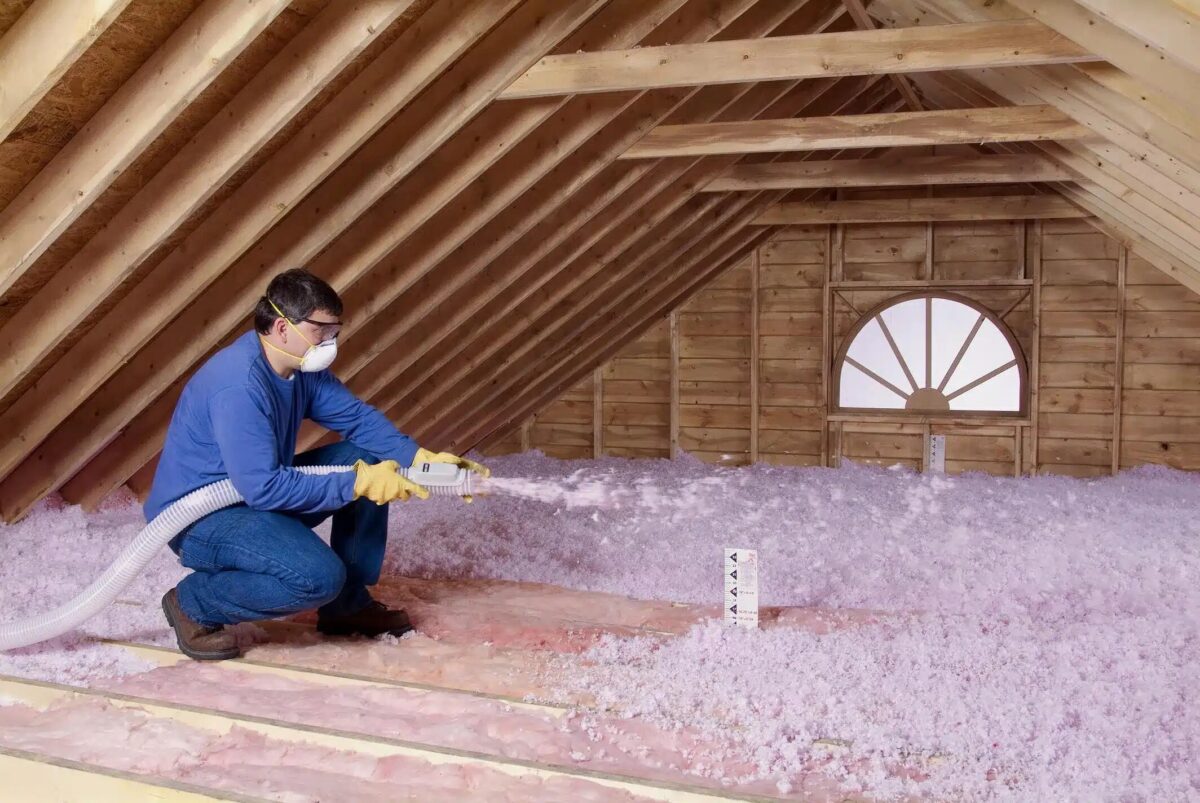Building Contractors: Reputable Material Supplies

Building contractors play a crucial role in the construction industry, overseeing the implementation of construction projects from start to finish. A key aspect of their responsibility lies in sourcing and managing building material supplies. In this comprehensive post, we delve into the significance of material supplies for building contractors, exploring the process of selection, procurement, and utilization of these essential resources.
Understanding Building Material Supplies
Building material supplies encompass a wide range of materials used in construction, including but not limited to cement, bricks, lumber, steel, insulation, roofing materials, plumbing fixtures, and electrical components. These materials serve as the foundation for constructing residential, commercial, and industrial structures, providing structural support, insulation, protection, and functionality.
The Role of Building Contractors
Building contractors act as project managers, overseeing all aspects of construction projects, including budgeting, scheduling, labor management, and material procurement. Regarding building material supplies, contractors are responsible for selecting the appropriate materials based on project specifications, budget constraints, and quality standards. They must also ensure timely delivery, proper storage, and efficient utilization of materials to maintain project timelines and budgets.
Selection Criteria for Building Materials
Contractors consider various factors when selecting materials, including:
- Quality: Materials must meet industry standards and regulatory requirements to ensure structural integrity and durability.
- Cost: Balancing cost-effectiveness with quality is essential to stay within budget constraints without compromising on quality.
- Sustainability: Increasingly, contractors prioritize environmentally friendly materials that minimize environmental impact and promote energy efficiency.
- Availability: Materials must be readily available from reliable suppliers to avoid delays in construction schedules.
- Compatibility: Materials should be compatible with existing structures and systems to ensure seamless integration and functionality.
Procurement Process for Building Materials
Procurement involves sourcing, purchasing, and delivering building materials to the construction site. Contractors collaborate with suppliers and vendors to obtain competitive pricing, negotiate contracts, and coordinate delivery schedules. Effective procurement practices include:
- Establishing Relationships: Cultivating strong relationships with suppliers and vendors to secure favorable pricing, discounts, and reliable delivery.
- Streamlining Logistics: Implementing efficient logistics and supply chain management practices to minimize lead times, transportation costs, and inventory holding costs.
- Quality Assurance: Conducting quality inspections and testing of materials to ensure compliance with project specifications and industry standards.
- Inventory Management: Implementing inventory management systems to track material usage, monitor stock levels, and prevent shortages or overages.
Utilization and Waste Management
Once materials are delivered to the construction site, contractors oversee their utilization and proper handling. Efficient utilization involves:
- Proper Handling: Ensuring materials are stored, handled, and installed according to manufacturer recommendations and industry best practices to prevent damage and waste.
- Waste Management: Implementing waste reduction and recycling strategies to minimize construction waste and environmental impact.
Innovations in Building Materials
Technology and material science advancements have led to the development of innovative building materials that offer enhanced performance, sustainability, and cost-effectiveness. Building contractors stay abreast of these innovations, exploring new materials such as green building products, recycled materials, engineered wood products, and advanced composite materials. By embracing these innovations, contractors can leverage their benefits to improve construction efficiency, reduce environmental impact, and meet evolving client demands for sustainable, high-performance buildings.
Challenges and Opportunities
While building supplies are essential for construction projects, contractors face various challenges in managing them effectively. These challenges include fluctuating material costs, supply chain disruptions, regulatory compliance, and environmental concerns.
Contractors can mitigate risks and capitalize on opportunities by implementing proactive risk management strategies, leveraging technology for supply chain optimization, and investing in sustainable building practices. By overcoming these challenges, contractors can enhance project outcomes, strengthen client relationships, and contribute to the sustainable growth of the construction industry. For excellent services, choose TWD Supplies!
Conclusion
In conclusion, building material supplies are indispensable resources for building contractors, serving as the building blocks of construction projects. Contractors play a critical role in selecting, procuring, and managing these materials to ensure the successful completion of projects on time and within budget.









